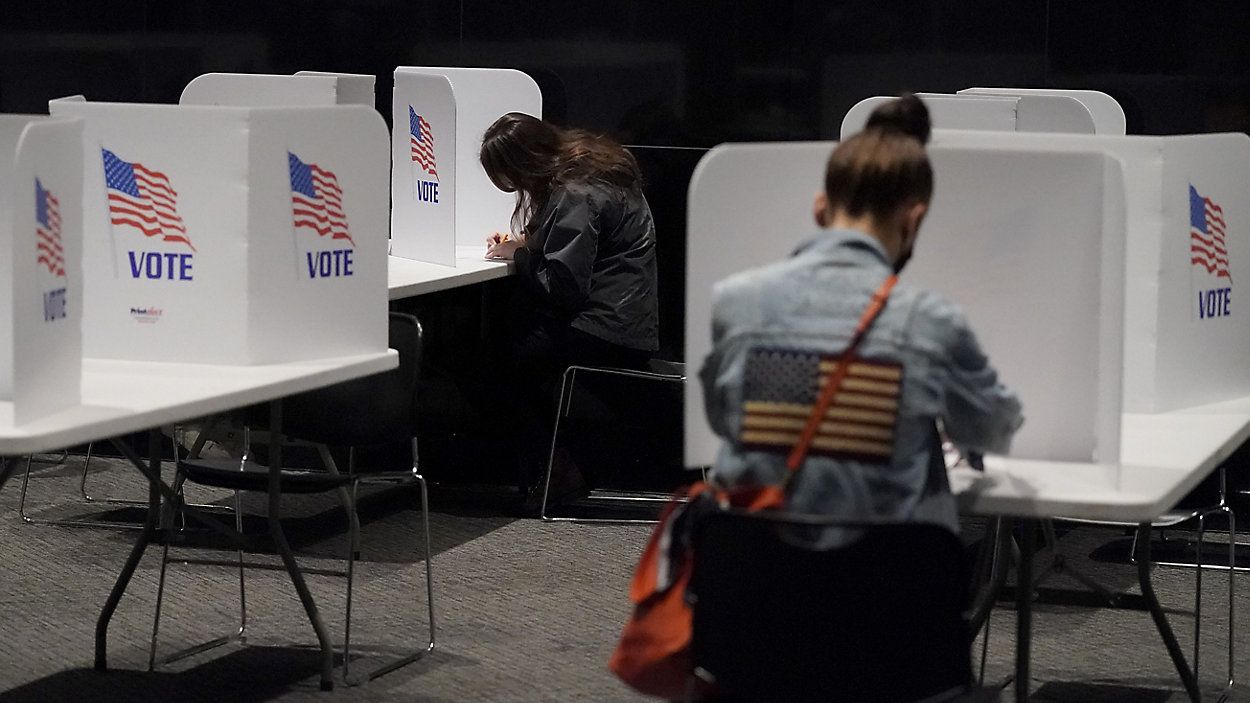Bussiness
New board of elections ‘pre-clearance’ rules start this weekend

BUFFALO, N.Y. — Starting this weekend, “covered entities” — specific counties, cities, towns and school districts — will be required to seek “pre-clearance” from the New York State Attorney General’s Office Civil Rights Bureau in order to make specific election-related changes identified in the 2022 New York Voting Rights Act.
The “covered entities” are chosen using a formula that considers things like racial demographics and previous court cases involving voting access for protected classes.
“Generally speaking, the biggest ones, whether it’s New York City, Westchester County, Erie County, the city of Buffalo, the city of Rochester,” Holtzman Vogel attorney Joe Burns said.
The biggest immediate impact appears to be with regards to changes made to early voting polling site locations, early voting hours and general election polling sites.
While advocates say the measure is designed to strengthen voting rights for New Yorkers, including historically marginalized and disenfranchised communities, the Republican elections attorney believes it undermines the state-constitutionally mandated requirement for bipartisan control of the administration of elections.
“It’s not perfect but when you look at some of the concerns over election administration in other states, I think New York actually gets that right. Well now you have this requirement, this pre-clearance requirement, you have the attorney general coming in and essentially having veto power,” Burns said.
However, Dustin Czarny, the Democratic Elections commissioner of Onondaga County, which is one of the covered entities, believes Burns is exaggerating the impact of the new rules.
“The determination to move a polling place, whether its annually or at the last minute, is still going to be made by the bipartisan board of elections,” Czarny said. “Both Democrats and Republicans have to agree on it.”
Czarny said last-minute polling changes are typically only made in cases of emergencies and career professionals in the AG’s office are essentially reviewing and ratifying those decisions.
“They’re not coming in and telling us what to do,” he said. “They’re not coming in and getting involved in the polling places.”
Burns pointed out most of the covered entities overlap with contested congressional districts that could influence the balance of power in the U.S. House of Representatives.
“It’s not crazy to think that this very well might have an impact on a number of these very hot congressional races,” he said.










